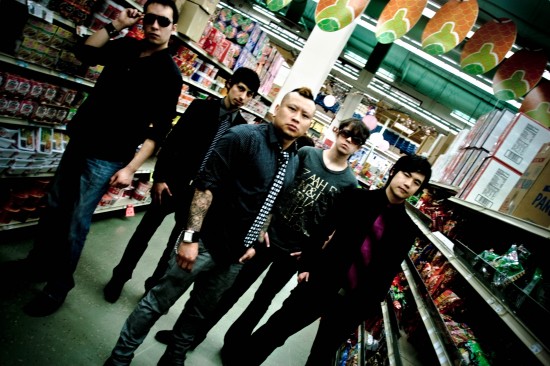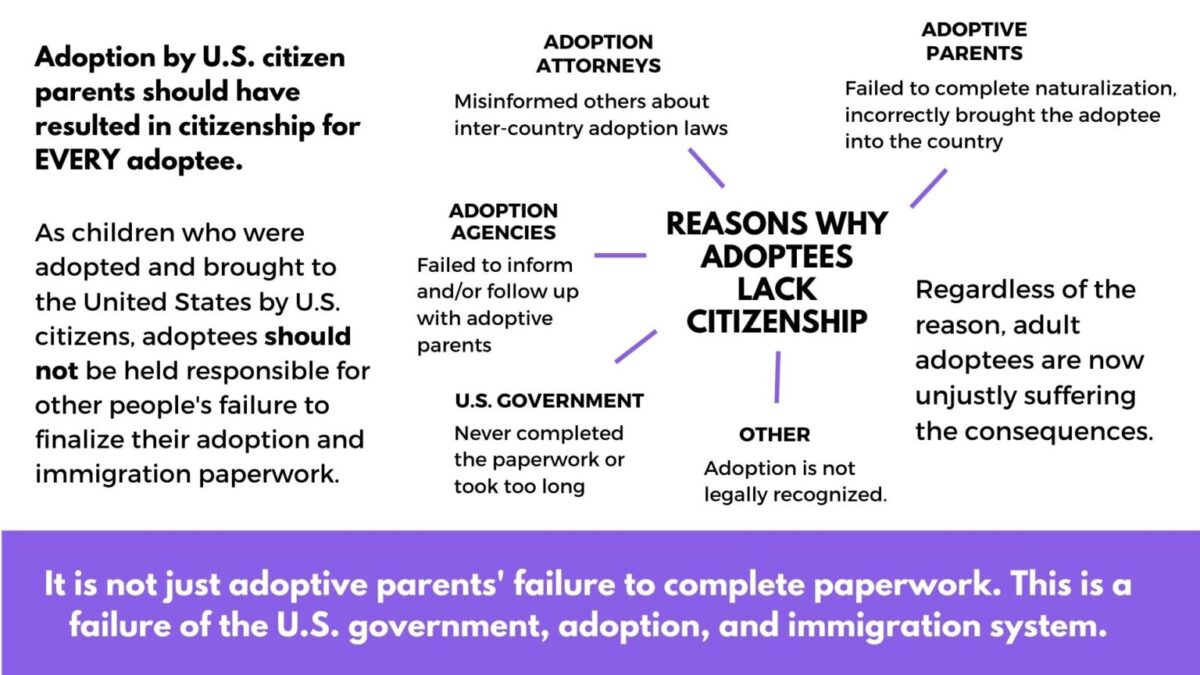
It’s Asian vs. Asian, once again.
Earlier this year, I profiled the Oregon-based Asian American rock band, “The Slants“, whose fight to trademark their name had gone all the way to the Federal Circuit Court of Appeals. According to their website, The Slants has been making music together since their 2007 debut album “Slanted Eyes, Slanted Hearts“.
Recently, however, The Slants have found themselves embroiled in a legal battle with the US Patent and Trademarks Office (USPTO), which denied them registration for the trademark of their band name on the grounds that it is derogatory towards Asian Americans. The 1946 Lanham Act prohibits registered trademarks from “consisting of or comprising of immoral, deceptive, or scandalous matter; or matter which may disparage or falsely suggest a connection with persons, living or dead, institutions, beliefs or national symbols, or bring them into contempt, or disrepute.”
It is on this basis that opponents of the Washington Redskins and other racist sports mascots have demanded that the NFL #ChangeTheName. And indeed, when the federal government allows an entity to register a racist, sexist, or otherwise derogatory trademark, they in so doing condone the language by granting it institutional recognition and legal protection.
But, should all uses of all historically derogatory slurs simply become — in essence — blacklisted — prohibited regardless of context?
Simon Tam (@SimonTheTam), co-founder of The Slants, argued earlier this year that his band’s name was intended to subversively “take ownership” of anti-Asian stereotypes, and further argued that the context of their music made it clear to Asian American audiences that the band’s name was intended to uplift — not disparage — our community. From the Federal Circuit Court’s majority opinion:
The band draws inspiration for its lyrics from childhood slurs and mocking nursery rhymes, J.A. 130, and its albums include “The Yellow Album” and “Slanted Eyes, Slanted Hearts.” The band “feel[s] strongly that Asians should be proud of their cultural heritage, and not be offended by stereotypical descriptions.”
Last week, the National Asian Pacific American Bar Association (NAPABA), the South Asian Bar Association of Washington DC (SABA-DC) and the Fred T Korematsu Center for Law and Equality jointly filed an amicus brief defending the US government’s decision on The Slants’ trademark application. Writing in their press statement:
“Asian Pacific Americans are all too familiar with the harm, including violence, that often accompanies racial slurs and epithets,” said NAPABA President George C. Chen. “Although I recognize the band’s intent to reclaim a historically disparaging term, as an intellectual property attorney, I also am cognizant that changing the U.S. trademark regulations to allow the registration of ‘The Slants’ could result in the trademarking of offensive terms by individuals and groups without similarly positive intentions.”
“SABA-DC deplores the use of racial slurs and epithets, and while the particular epithet involved in this case is not one that is usually directed to our South Asian constituency, we believe slurs against any racial or ethnic group are damaging to us all,” added SABA-DC President Habib F. Ilahi. “The First Amendment protects free speech, but it does not entitle those who wish to use such derogatory terms for branding purposes to receive the stamp of government approval.
To be frank, I find this issue a tricky one. On the one hand, I sympathize with NAPABA, SABA-DC and the Korematsu Center’s reluctance to open the door for state-sanctioned hatespeech. Fred Korematsu’s story, after all, is a direct consequence of institutionalized racism. The USPTO fields multiple clearly racist and derogatory applications. Consider, for example, whether we would like the USPTO to have approved this application for a company seeking to register the trademark “Jap Bikes Suck”, for merchandise sold to American motorcycle enthusiasts?
That being said: I have never supported the clear-and-fast black-listing of words. Whether we are talking about “slant” or any other slur, I think context matters. In my opinion, the movement to simply ban words unintentionally encourages broad ignorance of why these words are problematic in the first place; would-be race apologists learn only to stop using black-listed words, but never learn about the complexities of racism that gives these words power.
A word like “slant” can be used as a vehicle of profound hate and dehumanization. It can also be used to educate, inform, and uplift.
In other cases, the USPTO recognizes this particular nuance. While the USPTO has denied applications to many who would register slurs, I wrote last year that some organizations who use obvious slurs are nonetheless able to pass through the process without challenge: “Dykes on Bikes” (a woman’s motorcycle club) for example, had no major issues receiving a trademark registration. Context also clearly matters when it comes to the case of The Slants: over 50 live trademarks involving the word “slant” currently exist in the official USPTO trademark database. The only reason that The Slants’ application was denied is because in the context of the racial identity of the musicians and the topic of their music, the band’s name appeared to become associated with the Asian American community. “Slantshack Jerky“, however, faced no issues registering their trademark. “Vu Slant” — a gaming company — is doing just fine. Someone right now owns the registered trademark “Perma-Chink“.
Other trademark applications, however, didn’t appear to receive the same privilege as “Dykes on Bikes” for their alleged reclamation of a slur, instead being rejected (as with “The Slants”). A Randall Loo failed to successfully register the trademark “Chink Proud” two years ago. Meanwhile, The Slants was ostensibly rejected for the likelihood of offending a group of people, but “Face Fuck Sluts Only” was deemed by the USPTO to be not offensive enough to be rejected. This selective judgment of derogatory phrases appears arbitrary at best.
Context, therefore, clearly matters. The problem, of course, is that if context matters, how do we empower institutions like the USPTO to determine appropriate context? The Federal Court of Appeals lamented in their majority opinion earlier this year that the USPTO could not possibly conduct extensive focus group testing on every trademark application to determine levels of offensiveness.
But, I’m not sure that the lack of a clear solution to this fundamental problem of logistics requires us to simply throw up our hands and accept the black-or-white status quo, where all words that appear derogatory are prohibited (except under the seemingly arbitrary circumstances when they are not). I hold NAPABA, SABA-DC, and the Korematsu Center to the highest esteem, but I do not accept the premise that the only way to support The Slants is through “changing US trademark regulations… that could result in the trademarking of offensive terms by individuals and groups without similarly positive intentions.”
Surely we need not give way to such pessimism? Surely we can imagine a better bureaucracy — one that doesn’t require the sacrifice of legitimate and informed political and artistic expression as the collateral damage to preventing state-sanctioned racism? Surely, we can come up with a system that might permit The Slants to be registered, without necessarily also condoning the Washington Redskins?
Race and racism is complex. Surely, the systems designed by our governing bodies must embrace and reflect — not shun — that complexity.
Act Now! I don’t pretend to have the answer on this issue with regard to how USPTO must change their process, but I do know that (as my blog name would suggest) I generally support reappropriation as a tool of political subversion. The Slants has started a new Change.org petition, opposing the recent statement by NAPABA, SABA-DC and the Korematsu Center: if you agree that The Slants should be able to register their band name as a trademark, I encourage you to sign.
Correction: An earlier version of this post mistakenly confused the Korematsu Center (a sponsoring organization for this brief) in Seattle and the Korematsu Institute (an awesome organization that is not related to this brief) in San Francisco. I regret the error.

